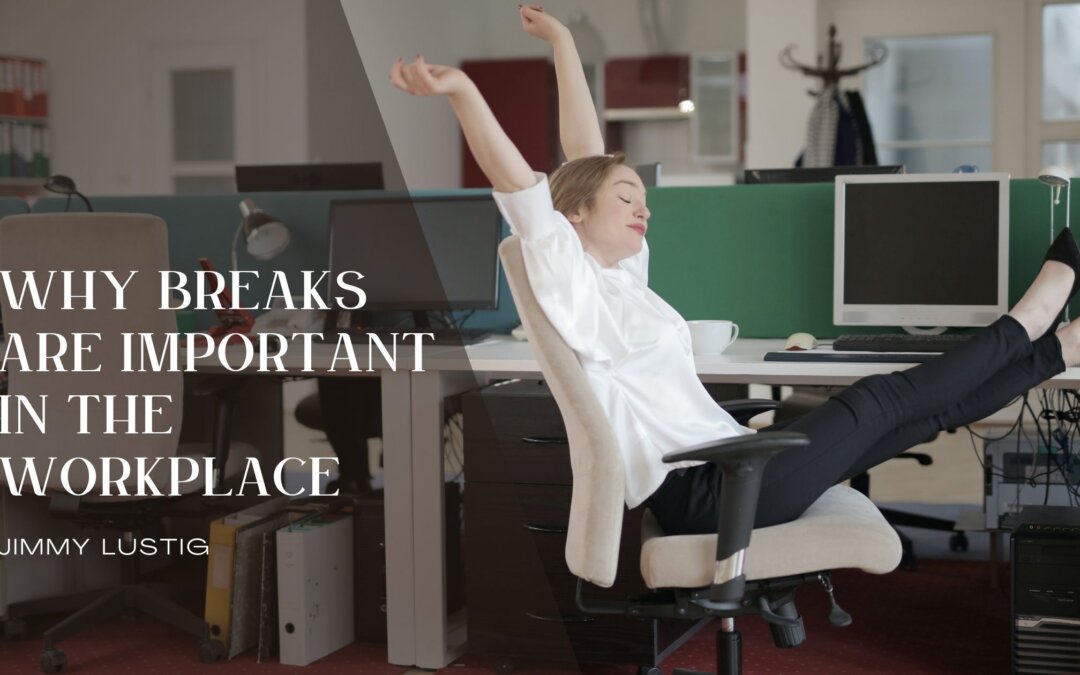The pressure to meet deadlines and achieve targets can make us feel like we need to work constantly without taking a break. However, research has shown that taking breaks is essential for maintaining productivity, creativity, and overall well-being in the workplace.
One of the main reasons why breaks are essential is because they help to reduce stress. When working for extended periods without a break, our stress levels can increase, negatively impacting our health and well-being. Taking a break allows us to step away from work and recharge our batteries, which can help reduce stress levels and improve our ability to handle work demands.
Breaks also help to improve cognitive function and creativity. When we take a break, we give our brains time to rest and recharge. This helps enhance our ability to focus and concentrate, leading to increased productivity and better-quality work. Additionally, taking a break can boost our creativity by allowing our minds to wander and make new connections between ideas.
Another critical reason breaks are essential is that they can help prevent burnout. Burnout is emotional, physical, or mental exhaustion caused by prolonged stress and overwork. When we work without taking breaks, we risk becoming burnt out, which can lead to a decline in productivity and overall well-being. Regular intervals help prevent burnout by allowing us to rest and recharge our batteries, which helps improve our mood, energy levels, and overall well-being.
It’s also important to note that breaks don’t have to be lengthy or time-consuming. Even a short interval of 5-10 minutes can benefit our physical and mental health. Taking a short walk, stretching, or simply stepping away from our desks for a few minutes leads to increased productivity and better work quality.
In addition to our physical and mental health benefits, taking breaks can positively affect workplace culture and relationships. We can connect with our colleagues and build relationships when we take breaks together. This can improve communication, collaboration, and overall morale in the workplace. Also, taking breaks can create a more positive and supportive work environment, increasing job satisfaction and employee retention.
Despite the many benefits of taking breaks, many people struggle to make them a regular part of their workday. One common barrier to taking breaks is the myth that breaks are unproductive or a waste of time. Research has shown the opposite. Taking breaks can improve productivity and overall job performance. Another barrier to taking breaks is the pressure to meet deadlines and achieve targets. While it’s crucial to meet these goals, it’s also essential to prioritize our physical and mental health by taking breaks when needed.
Try scheduling breaks into your daily routine to make rest a regular part of your workday. Set a timer or reminder to take a break every hour or two, and use this time to step away from your work and recharge your batteries. Additionally, make taking breaks a social activity by inviting colleagues to join you for a quick walk or coffee break. Making breaks a regular part of your workday can improve physical and mental health, boost productivity and creativity, and create a more positive and supportive work environment.

